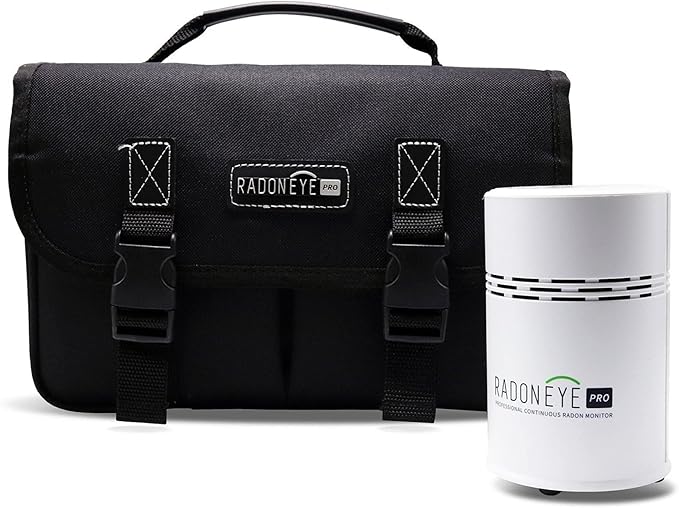Radon, a radioactive gas, is the leading cause of lung cancer among non-smokers and the second leading cause among all lung cancer cases. Radon is colorless, odorless, found across the U.S., and impossible to detect without proper testing. The EPA recommends radon testing for all homes in Maryland.
At 4D Inspections, we use specialized equipment to accurately detect, measure and report radon levels in your home.

1 in 15
homes have radon levels that exceed safety recommendations, according to the EPA
21,000
lung cancer deaths are caused by radon every year, according to the EPA
4 pCi/L
of radon exposure is 5 times the risk of dying in a car crash

why get a radon test with 4d inspections?
Water should be tested regularly. Water quality testing identifies identify potential contaminants like bacteria, lead, or pesticides that may affect your health. Even if the water looks clear, hidden pollutants can pose serious risks. Don’t leave your family’s health to chance—invest in a water quality test to know what is in your drinking water.
benefits of a radon test
- Detect the Presence of Cancer-Causing Gas
- Protect Your Health
- Gain Peace of Mind
The radon testing process
During a radon test with 4D Inspections, I use certified testing equipment to detect the presence of radon

I will place the detector in an appropriate area of the home
In order to to provide proper and accurate analysis, the detector must collect data for two days
I return to the home, pick up the detector, and analyze the results
After about 24 hours, I will deliver a comprehensive report to you. If elevated radon levels are detected, I will advise you to seek professional radon mitigation services.
clients also interested in...
thermal imaging
Detect hidden issues, like water leaks or air gaps, with an infrared scan - in every inspection
water quality test
Detect contaminants and bacteria in your home's water supply
sewer scope inspection
Know the interior condition of your sewer drain pipes
Frequently Asked Questions
Do I need a radon test?
The EPA recommends all homes in Maryland be tested for radon, and that if radon levels are above 4 pCi/L, then action be taken to reduce it.
How long does a radon test take?
The whole process typically takes 2-3 days. The radon detector needs to be in place at the house for at least two days to collect enough data to be reliable, and then I will pick up the detector and produce a report.
What is radon?
What if my radon test reveals more than 4 pCi/L?
The EPA recommends contacting a qualified professional to install a radon mitigation system to reduce the radon in your home.
